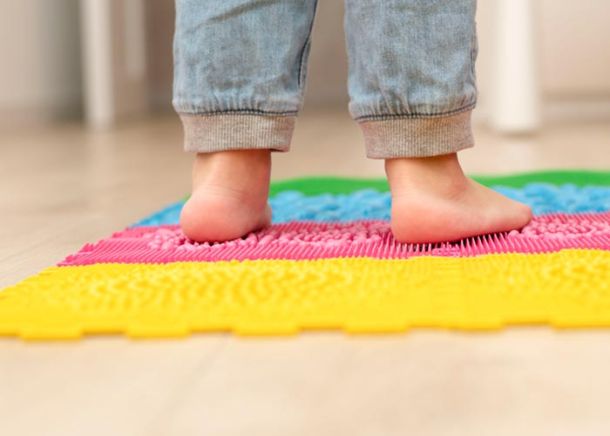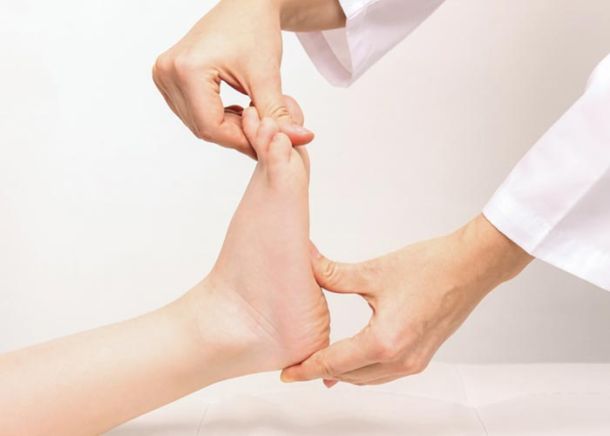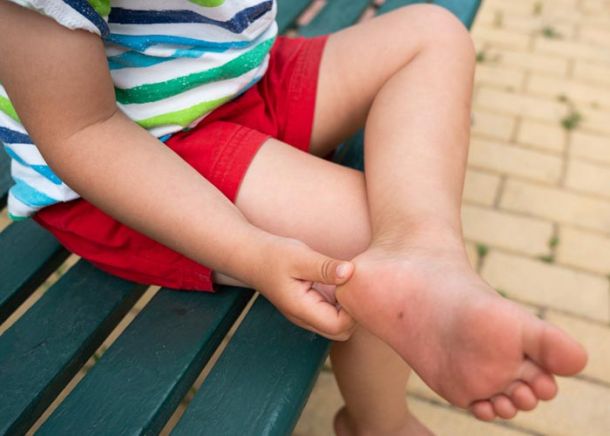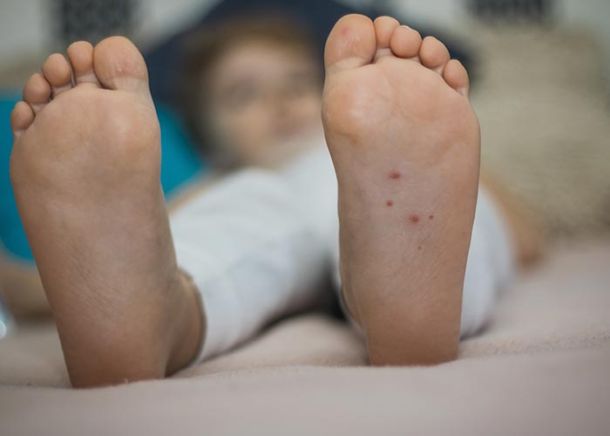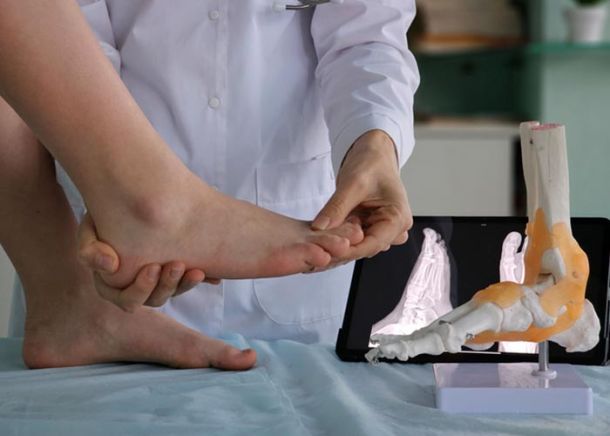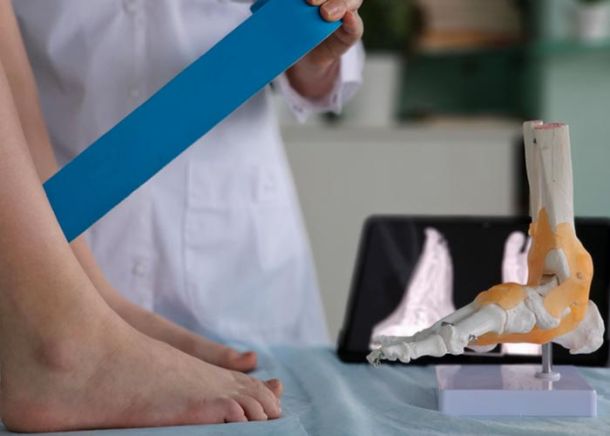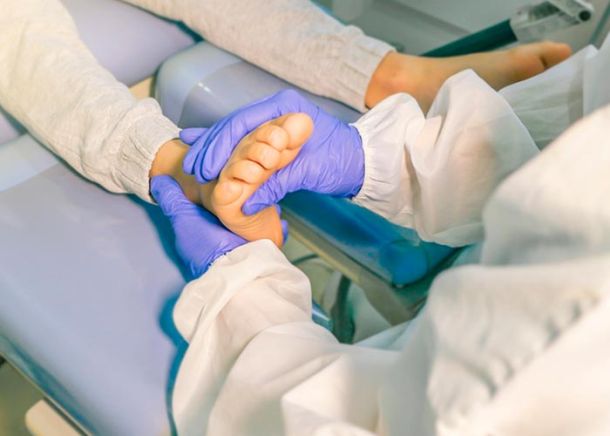Eliminate Warts in Kids’ Feet in Houston, TX
Children’s warts require safe and effective care remove them without stress or discomfort
Eliminate Warts in Kids’ Feet in Houston, TX
Warts on children's feet can cause discomfort, embarrassment, and spread quickly if not treated early. These viral growths, often found on the soles or toes, thrive in moist environments like locker rooms or pool areas. At Rivera Foot & Ankle, we provide gentle, effective pediatric wart care Houston families trust to keep young feet healthy.
Our clinic offers Houston kids wart removal options that are safe, minimally invasive, and tailored to children’s comfort. With specialized Heights pediatric wart doctor expertise, Rivera Foot & Ankle ensures lasting relief for plantar warts Houston child patients often struggle with. Let us help your child walk, run, and play without pain or worry.

BENEFITS
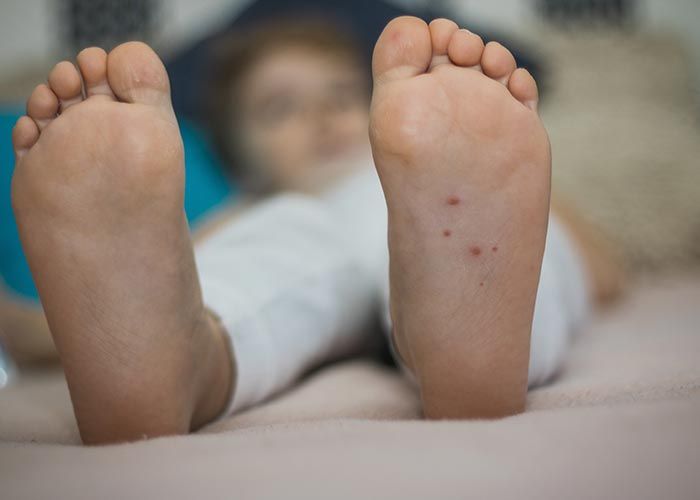
-
1
Child Focused Care: We use age appropriate techniques and language to keep children calm and comfortable during wart evaluation and treatment.
-
2
Advanced Wart Removal: Our therapy includes cryotherapy, acid application, or laser treatment for foot warts Houston children need removed efficiently.
-
3
Infection Control: We treat and prevent the spread of viral warts in children, helping reduce recurrence and transmission to other family members.
-
4
Pain Free Options Available: When possible, we use non invasive or topical solutions to avoid discomfort and minimize recovery time.
-
5
Custom Treatment for Each Child: Every plan is based on the wart’s size, depth, and location to ensure maximum success with minimal disruption.
-
6
Trusted Local Specialists: Families count on our Heights child wart treatment for expert guidance and results that last without repeated visits.
PHASES OF THE PROCESS

Visual Assessment and History:
We examine the wart and gather information about symptoms, behavior, and possible sources of exposure or recurrence.

Diagnosis Confirmation:
When needed, we confirm the presence of plantar warts Houston child patients experience using dermoscopy or clinical markers.

Treatment Planning:
We recommend an approach tailored to your child’s age, comfort level, and the severity of the wart or cluster.

In Office Treatment:
Our Houston podiatrist for warts applies cryotherapy or topical therapy in a gentle, child friendly environment.

Monitoring and Follow Up:
We evaluate progress through follow up visits and offer additional therapy if the wart is persistent or recurring.

Prevention and Hygiene Tips:
Parents receive guidance on how to reduce reinfection risk and treat foot warts kids may develop in the future.
Warts don’t have to cause discomfort or stress for your child safely, effective treatment is available and close to home. Call or text (713) 691-9600 today, or fill out our Contact us form to schedule a visit with a Heights foot wart removal expert today.
CHILDREN SERVICES
MORE SERVICES
FOOT
At Rivera Foot & Ankle, we specialize in the comprehensive care of the Foot, offering expert diagnosis and treatment for a wide range of conditions. Serving the greater Houston Heights area, we are committed to providing precise, patient centered solutions using advanced podiatric techniques. Whether you’re experiencing pain, skin irritation, or structural issues, our clinic is an excellent choice for those seeking effective and compassionate care tailored to every foot condition.
ANKLE
At Rivera Foot & Ankle, we provide expert care for all conditions affecting the Ankle, offering both non invasive and advanced treatment solutions. Located in Houston Heights, we’re proud to be a trusted provider for patients dealing with pain, instability, or injuries. Whether you’ve experienced a recent sprain or suffer from chronic ankle pain, our team is dedicated to restoring comfort and mobility through personalized, effective care.
SKIN
At Rivera Foot & Ankle, we provide trusted solutions for a variety of Skin conditions affecting the feet. Whether you're dealing with irritation, infection, or chronic dryness, our expert care is designed to restore health and comfort. Located in Houston Heights, we’re proud to offer advanced treatments that are personalized and effective. Our clinic is a top choice for anyone seeking comprehensive skin care for their feet in the greater Houston area.
SERVICES
At Rivera Foot & Ankle, our comprehensive Services are designed to meet every podiatric need with precision, compassion, and advanced care. Whether you're seeking relief from chronic foot pain, recovering from an injury, or looking for preventive solutions, our team in Houston Heights offers expert level support in a welcoming and modern environment. We take pride in being the go to choice for patients who want effective, long lasting results without compromising comfort or quality.

